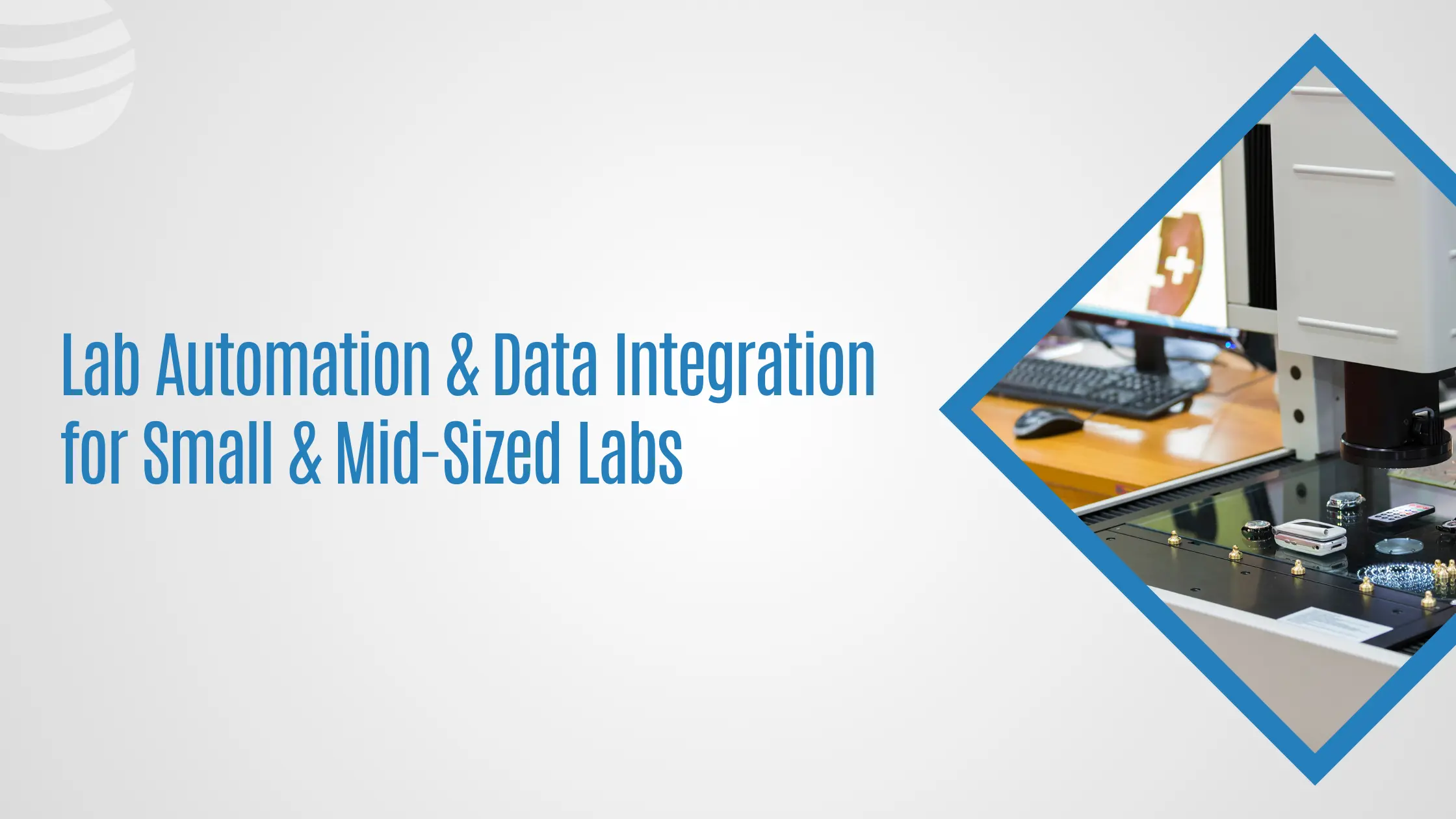
Improve Lab Sample Management with LIS Solutions
Transforming your Lab’s Pre-Analytical Processes: The Impact of LIS on Sample Management Introduction to Pre-Analytical Processes in Laboratories The pre-analytical phase encompasses all procedures that







